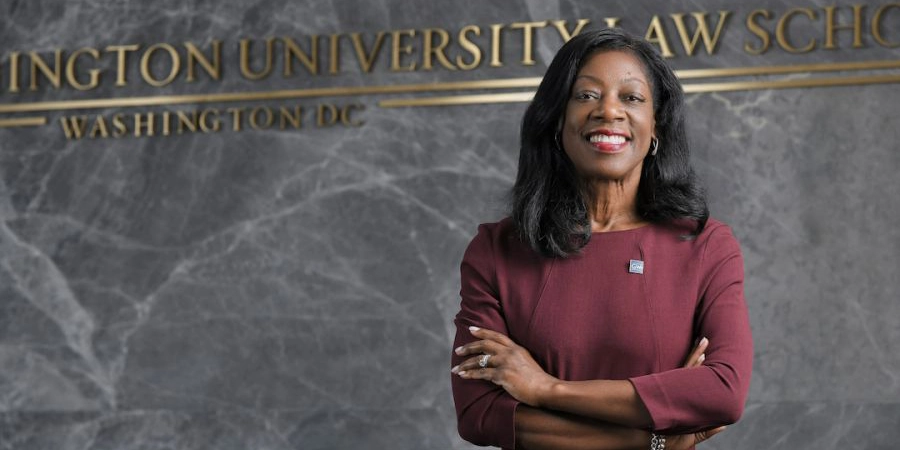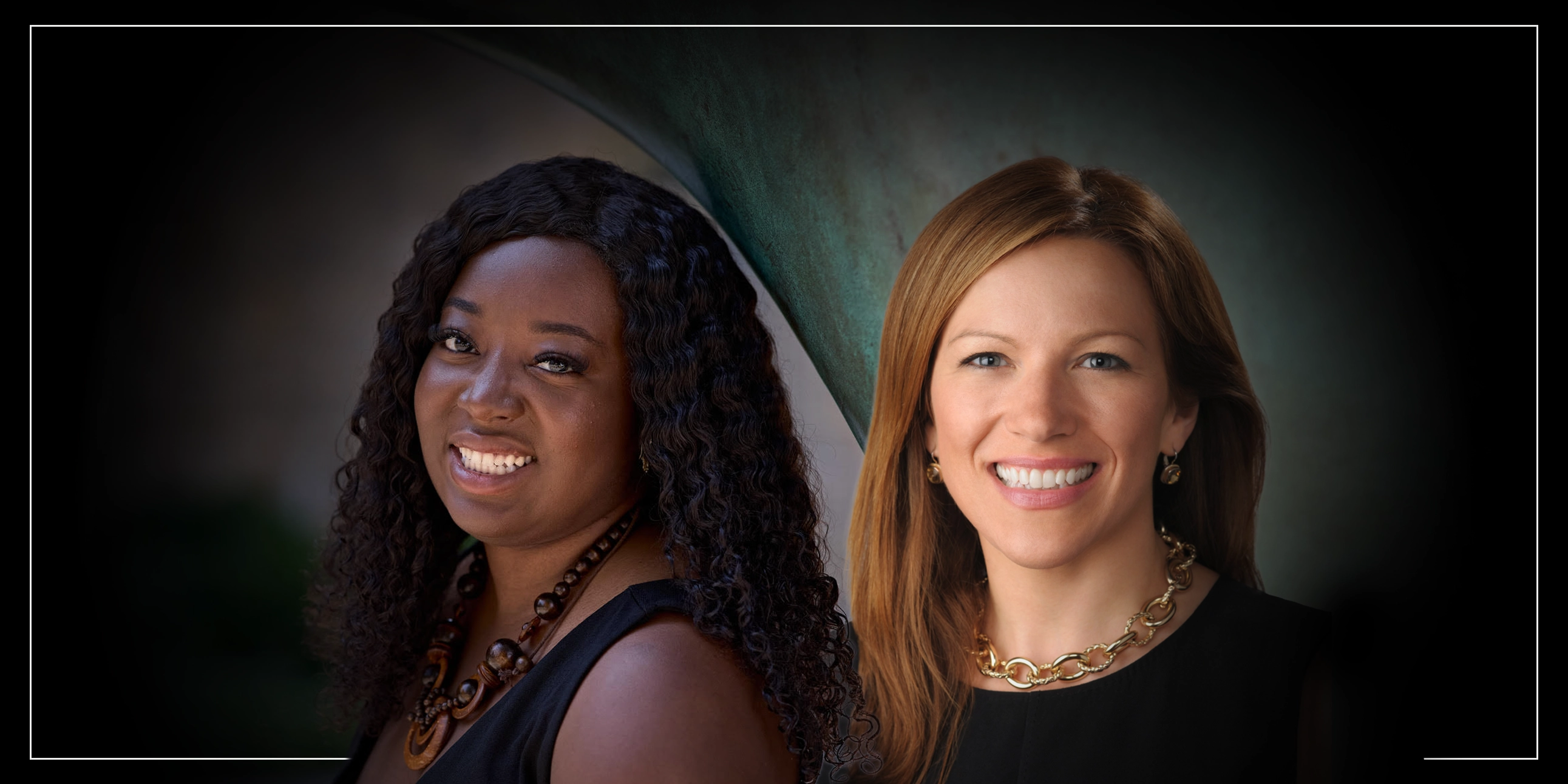*Note: Our availability for new J.D. admissions clients will reopen on Tuesday, January 6.
X
In this short episode of Status Check with Spivey, Mike talks about the widespread notion that, even beyond whatever specific and concrete challenges we each may be facing, there is an added factor of "everything" (in today's society, in life) that can sometimes feel crushing. Then he gives some advice.
You can listen and subscribe to Status Check with Spivey on Apple Podcasts, Spotify, Stitcher, YouTube, and Google Podcasts.
Mike: This is Mike Spivey with the Spivey Consulting Group. I wanted to do a post on something we called, at our last week’s firm-wide professional development retreat, the category of "everything." But it's not everything admissions. So if you're here for admissions, I actually do think this is very important to hear, but it's not the nuanced admission trick. It's hopefully larger and more sustaining than that. We had two people on Zoom, Rob Cacace and Jordana Confino, who are part of our firm, but also do coaching for adults, coaching for lawyers. Jordana has her psychology degree from Yale and helps a lot with mental well-being. That's her field.
They talked about the stress on the students and the stress on the law firms, for that matter, and what the stressors are. And there's the economy, there's the dwindling hiring market right now. But then they put this other category in called "everything." That relates to applicants, too. That relates to me, and my friends, and your parents, and adults, and society in general. I love the way Dr. Gabor Maté—who was on our podcast, so you can listen to him—but I loved the way he worded it in his new book, The Myth of Normal. If you wanted to create in a lab, as an experiment, a society that's the most prone to anxiety, the most prone to jealousy, the most prone to depression, to addiction, to all kinds of harmful mental health deleterious outcomes, this is the society you would create. This one right here. And that includes social media, that includes comparing your outcomes to others.
So here's my point, that everything in the world right now is at a super-heightened state, and I've followed the rhythms of message boards and cycles for my entire adult professional career. Around now is when people will get the most vicious, the most hostile, the most attacking, and the most anxious. The anxiety is completely understandable. Anxiety is caused by uncertainty. This isn't the hardest cycle ever, but it's certainly the most uncertain cycle ever.
It's slower. U.S. News has now delayed their rankings release indefinitely, which means even though law schools have to make admits, they still might be waiting for their embargoed copy. So they received an embargoed copy, but then they were told they're going to get an updated sheet, and they never got it. Uncertainty in law schools, uncertainty in my friends that work at law schools. Huge, steep, incredible uncertainty for you all if you're an applicant. There's not much you can do about the uncertainty. There's nothing I can do about it. Other than monitor very carefully, which is why we track these rankings. Rankings are ridiculous, but they impact behavior, so we track them carefully. And the second we know something, we will let you know.
But what I would say is, the best time to focus on, okay, what really matters beyond the rankings, beyond if I get into the 14th ranked school but not the 12th ranked school, or the 75th ranked school but not the 55th ranked school, is going to be what you make of what you do. My favorite thing in the world—I don't know if this is healthy or not—my best motivator in the world has always been when people doubted me. I love it when someone tells me I can't do something. So if a law school hasn't gotten back to you, if a law school has denied you, and they're saying, “Look, you’re part of a great cohort of applications, but you can't be here,” there’s fuel for your fire. Let that motivate you. Who are they to tell you you can't do something?
In my long career now, over time, I knew thousands of people, thousands upon thousands who went to schools that weren't their dream schools, that now have gone on to do incredible things. Incredible things, amazing things. Not just helping themselves, not just helping their families, but helping others. The schools that told them "no" got it wrong. The schools that told you "no"—prove them wrong. Take that "everything" stress bucket—if you can, say, “You know what? As an individual data point, I can still be upbeat and cheer on other people this cycle,” others won't. You're going to see it. People just get more and more hostile online. "I'm miserable about my life. So I'm going to post something about you to try to make you feel miserable or to try to make me feel miserable." That person that does that, and you see it around now, has a long life ahead of them and a rough three years of law school ahead of them. When you still see people cheering each other on, on message boards, on social media, those people have the best lives ahead of them. Someone else's gain is not your loss, and your gain is not someone else's loss.
The job market's going to get better—you're in the luckiest position if you're applying now, because this is going to be a tough 12 to 18 months, but then it should rebound like it always does. This thing is always on a pendulum. Rankings will come out. Schools will make many more admits. If you think about admits off the waitlist, I’m talking about 50, five zero percent of admits still have to be made because law schools get 30-40% of their matriculating class off the waitlist. That might not seem like it now, and might not seem like it next week, but focus on yourself and let go of the "everything" in the world if you can. I'm trying to. I try hard. And I hope that when things pick up, what we see on Reddit, what we see on Twitter, and on message boards, on LSData chat, etc., is that with every admit—and they're coming—people are cheering each other on and rooting for each other, and that yours is coming too.
So no hidden admissions advice, just something on my mind this morning. Something that I hope is helpful. Stay upbeat, stay positive—still a long way to go, right? We're in April, so we have admits May, June, July, and even August. Hang in there.
This is Mike Spivey of the Spivey Consulting Group.


In this episode of Status Check with Spivey, Anna Hicks-Jaco has a conversation with two of Spivey’s newest consultants—Sam Parker, former Harvard Law Associate Director of Admissions, and Julia Truemper, former Vanderbilt Law Associate Director of Admissions—all about the law school admissions advice that admissions officers won’t give you, discussing insider secrets and debunking myths and common applicant misconceptions.
Over this hour-and-twenty-minute-long episode, three former law school admissions officers talk about the inner workings of law schools’ application review processes (31:50), the true nature of “admissions committees” (33:50), cutoff LSAT scores (23:03, 46:13), what is really meant (and what isn’t) by terms such as “holistic review” (42:50) and “rolling admissions” (32:10), tips for interviews (1:03:16), waitlist advice (1:15:28), what (not) to read into schools’ marketing emails (10:04), which instructions to follow if you get different guidance from a law school’s website vs. an admissions officer vs. on their application instructions on LSAC (14:29), things not to post on Reddit (1:12:07), and much more.
Two other episodes are mentioned in this podcast:
You can listen and subscribe to Status Check with Spivey on Apple Podcasts, Spotify, and YouTube. You can read a full transcript of this episode with timestamps below.


In this episode of Status Check with Spivey, Mike has a conversation with Dayna Bowen Matthew, Dean of the George Washington University Law School, where she has led the law school since 2020. Prior to her time at GW, she was a Professor of Law at the University of Virginia School of Law, the University of Colorado Law School, and the University of Kentucky College of Law, and she has served as a Senior Advisor to the Office of Civil Rights of the Environmental Protection Agency (EPA). She is a graduate of Harvard University (AB), the University of Virginia School of Law (JD), and the University of Colorado (PhD).
Mike and Dean Matthew discuss the increase in law school applicants this cycle (7:42 and 18:11), advice for applying during a competitive cycle (12:16), how the large firm hiring process in law school has changed into something that "bears no resemblance" to how it worked for decades (5:11), how the public interest and government hiring process has changed as well (6:27), how AI could impact legal employment in the future (24:10), why she chose the law school where she attended (2:33), what she would do differently if she were applying today (3:36), how to assess law schools' varying "personalities" (13:22), the fungibility of a JD (16:45), advice for law students (18:53), and what it's like being a law school dean in 2025 (28:53).
You can read more about Dean Matthew here.
We discussed two additional podcast interviews in this episode:
Note: Due to an unexpected technical issue during recording, Mike's audio quality decreases from 7:35 onward. Apologies for any difficulties this may cause, and please note that we have a full transcript of the episode below.
You can listen and subscribe to Status Check with Spivey on Apple Podcasts, Spotify, and YouTube. You can read a full transcript with timestamps below.
Correction: Dean Matthew's family reminded her that she actually applied to three law schools rather than two, including Harvard Law, where she received a denial.
As Emmy-winning news anchor Elizabeth Vargas stated in one of our recent episodes, "There is nobody out there who is at the top of their field, in any field, who has not been told 'no.'"


In this episode of Status Check with Spivey, Spivey consultant and former admissions dean Nikki Laubenstein discusses the financial aid and student loan considerations that prospective law students should be thinking about post-“Big Beautiful Bill,” joined by Sydney Montgomery, who is the Executive Director & Founder of Barrier Breakers, and Kristin Shea, who has led the law school financial aid office at Syracuse University for almost a decade as a part of a 20-year career in legal education.
Nikki, Sydney, and Kristen talk about the changes to student loans and student loan caps resulting from the One Big Beautiful Bill Act (9:53), the changes to repayment plans (36:08), who those changes apply to (5:31), the differences between undergraduate financial aid/scholarships and law school financial aid/scholarships (21:02), understanding tuition vs. total cost of attendance and how that relates to scholarship reconsideration and student loan caps (24:27), possible ways schools could help fill the gap especially for students targeting public interest jobs (38:31), advice for those planning to work while in law school (41:10), why prospective law students should start thinking about financial aid earlier on in the admissions process than most do (30:57), and more.
Barrier Breakers is a nonprofit that has worked with 7,000+ first-generation and other marginalized students on the college and law school application process. Sydney Montgomery, the daughter of a Jamaican immigrant mother and military parents, was the first person from her high school to go to Princeton University and then later Harvard Law School. She has dedicated her life and career to supporting first-generation students and has a particular passion for financial aid. She is a member of the Forbes Nonprofit Council and has been featured in Inc., Forbes, FastCompany, Medium, CNBC, and others.
Kristin Shea is a higher education professional with twenty years of experience, including law school enrollment management, recruitment, and financial aid; alumni, donor, and employer relations; and marketing and communications. The last decade of her career has been dedicated to financial aid, and she is passionate about helping law students make smart, thoughtful financial plans for their education. She holds a bachelor's degree in biology and psychology and an MBA from Le Moyne College.
We hope to do a follow-up episode in the spring with more information on how law schools are addressing these changes. We also encourage you to reach out to the financial aid offices of schools you're considering once admitted to learn about any programs they may offer and any assistance they can provide. As Kristin says in this episode, "The map may have some alternative directions, but you can still reach your destination, and there are many people who want to help." We have also linked a number of financial aid resources below.
Federal Student Aid:
AccessLex Institute Resources:
Free Credit Report:
Annual Credit Report.com - Home Page
Equal Justice Works – LRAP FAQ
Important Questions to Ask About Any LRAP - Equal Justice Works
You can listen and subscribe to Status Check with Spivey on Apple Podcasts, Spotify, and YouTube. You can read a full transcript with timestamps below.